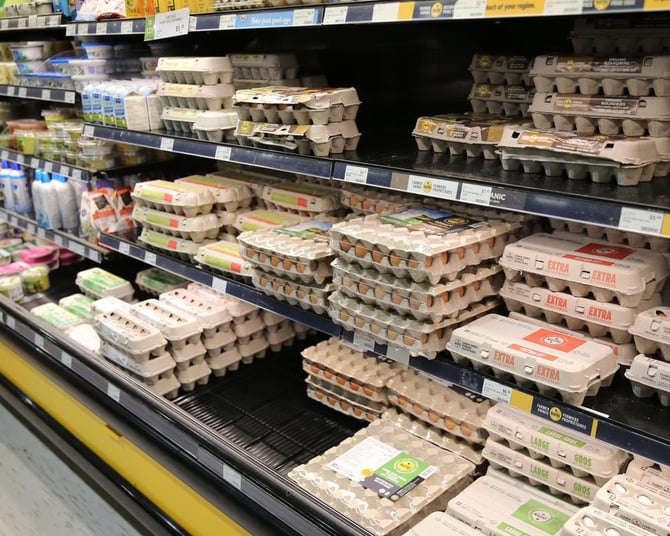Canada’s Inflation Cools, Opening Door to Rate Slowdown

Inflation is slowing in Canada, leading to hopes that an expected increase in interest rates next week may be the last one for some time.
The consumer price index rose 6.3% in December from a year ago, down from 6.9% in November. The 0.6% month-to-month fall was the biggest drop since April 2020.
This week’s report shows that aggressive rate increases over the past 10 months are starting to slow the price of goods. Notwithstanding, inflation remains well above the central bank’s 2% target.
Lower gasoline prices led to a large pullback in December’s headline inflation rate. Consumers paid 13.1% less at gasoline pumps in December compared with a month earlier. This was the largest monthly decline since April 2020, reflecting lower oil prices amid concerns over a slowing global economy and reduced demand after China’s surge in COVID cases.
Grocery prices also eased marginally. The cost of food purchased from stores rose 11% from the previous year, compared with 11.4% in November, with price growth hovering around 11% for the last five months.
What does this mean for me?
The data supports the view that the end of one of the central bank’s most aggressive tightening cycles is in sight, with the Bank of Canada expected to deliver one more hike on January 25 before pausing.
The Canadian dollar strengthened about 0.3% after the inflation data release to CAD1.339 per US dollar. Bond yields were little changed and are expected to remain so.
More News
.webp)
Japan’s Rate Shift Is Rippling Through Global Bond Markets
1 week ago

China’s Growth Engine Stalls as Consumers and Investors Pull Back
1 week ago

Egypt’s Recovery Gains Traction as Household Pressure Lingers
3 weeks ago

OECD Warns AI and Tariffs Will Test the Global Economy
3 weeks ago

Zero Tariffs, Higher Drug Bills as US and UK Reset Pharma Trade
3 weeks ago

Catastrophe Bonds Go Global as Climate Risk Meets Yield Hunting
1 month ago
.webp)
Canada Shields Steel and Lumber Industries From Tariffs
1 month ago

Trump Drops Selected Tariffs in Response to Inflation Pressures
1 month ago